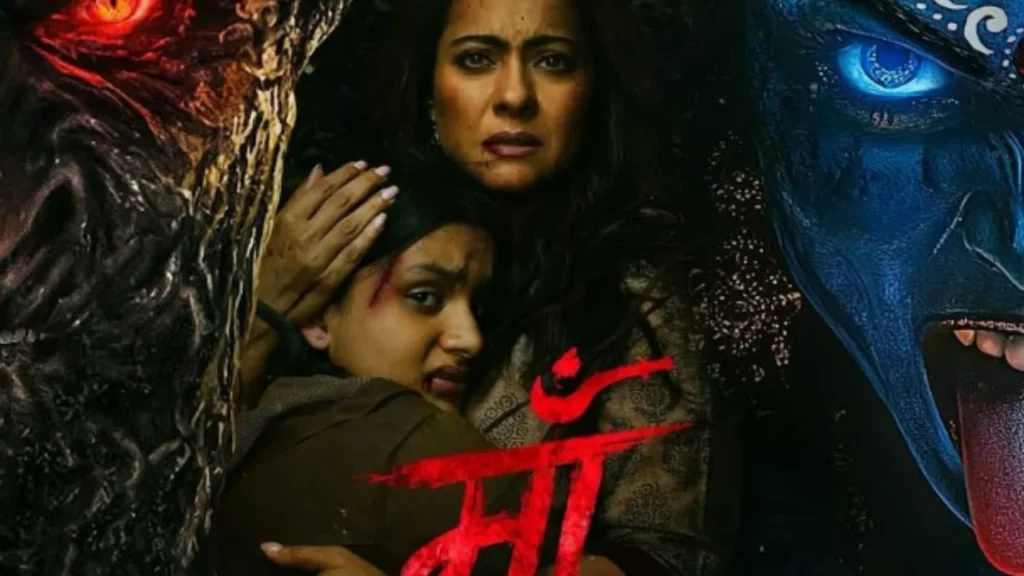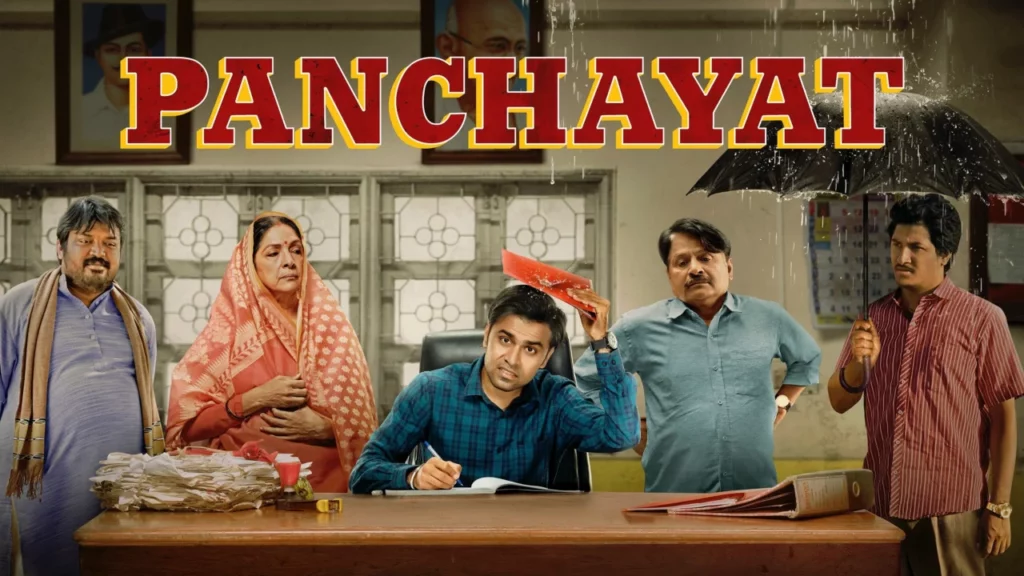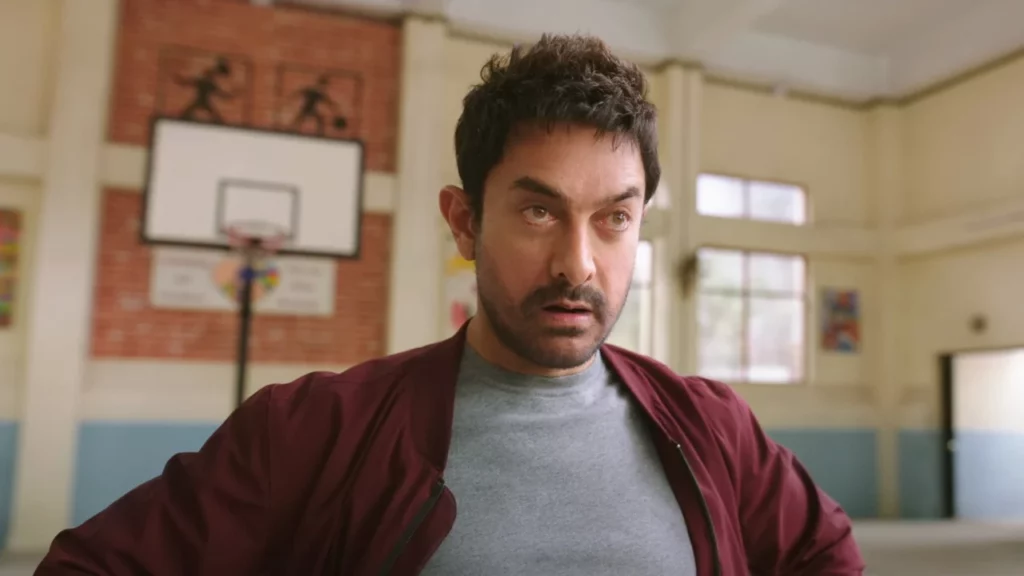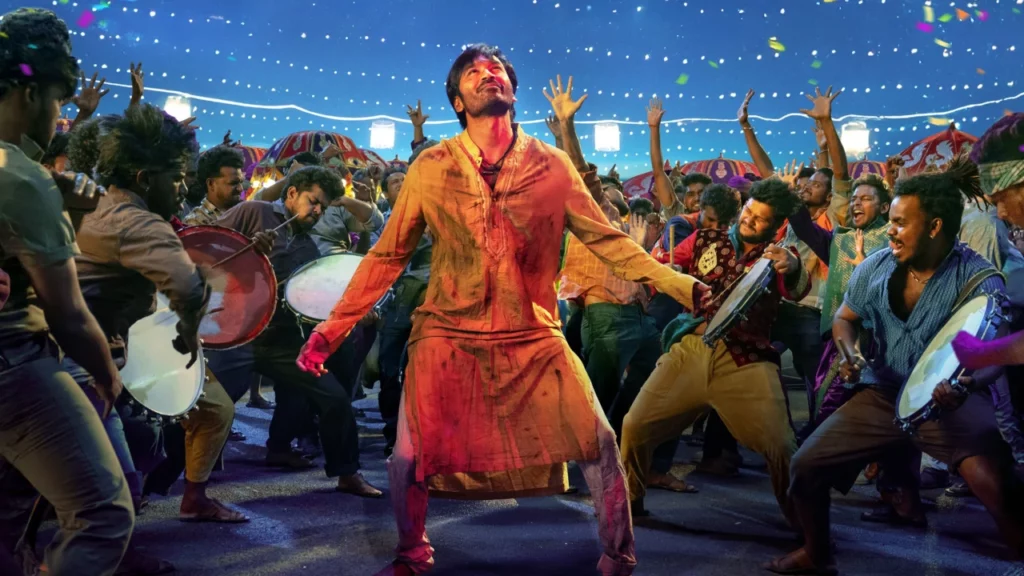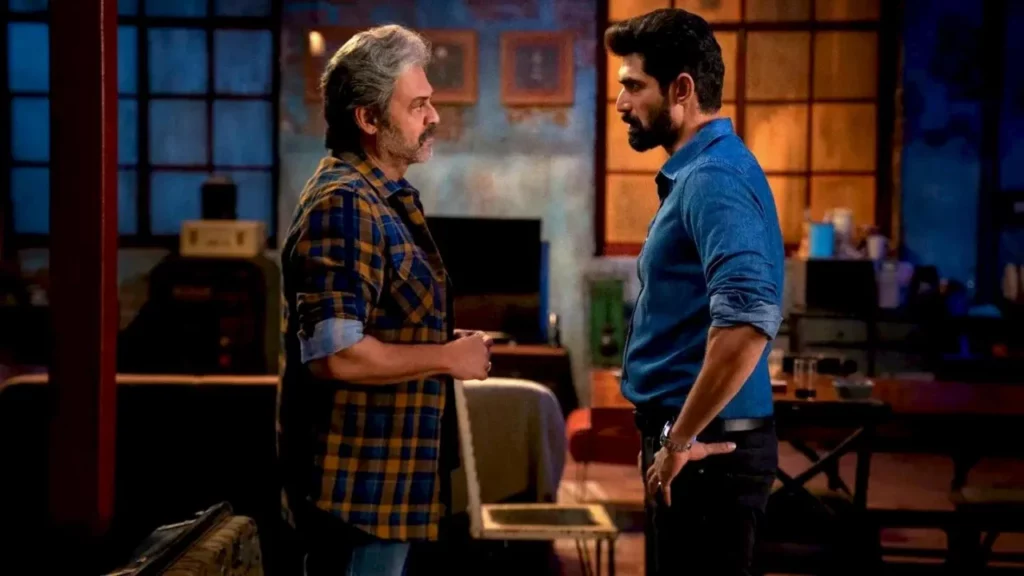
Kannappa (2025) Movie: Vishnu Manchu’s Decade-Long Dream Delivers Mixed Results
Kannappa, the long-awaited mythological film from Vishnu Manchu, finally hits theaters after nearly a decade of development. Directed by Mukesh Kumar Singh and produced by Mohan Babu, this Telugu devotional epic brings to life the legendary tale of Kannappa, a devoted follower of Lord Shiva. The movie features an impressive cast including Vishnu Manchu in the lead role, alongside Prabhas, Akshay Kumar, Mohanlal, Kajal Aggarwal, and Mohan Babu.
The film tells the story of an atheist hunter who transforms into a devoted follower of Lord Shiva, ultimately offering his own eyes as an act of supreme devotion. Set against ancient Indian mythology, Kannappa explores themes of faith, sacrifice, and divine love through one of Hinduism’s most revered devotional stories.

Plot and Storyline
Kannappa follows the transformative journey of Thinnadu, a tribal youth who grows up as an atheist. The narrative begins with his rebellion against age-old customs and religious traditions, establishing him as a skeptic who questions blind faith. The story unfolds his evolution from a hunter to a devoted follower of Lord Shiva.
The movie opens with a conversation between Lord Shiva and Goddess Parvati, setting the stage for Kannappa’s spiritual journey. However, the film’s pacing presents significant challenges, with the narrative moving at an unhurried rhythm that makes the lengthy runtime feel more pronounced.

Cast Performances
Vishnu Manchu carries the film on his shoulders as the titular character, delivering a committed performance that showcases his decade-long dedication to this passion project. His emotional investment is evident throughout the film.
Prabhas delivers what I consider a masterclass in non-verbal storytelling. Despite limited screen time, he brings remarkable gravitas to his role, making every moment count. Akshay Kumar emerges as one of the film’s biggest strengths, with his impactful presence adding considerable weight to the narrative.
Mohanlal brings his characteristic dignity to the proceedings, while Kajal Aggarwal provides the necessary emotional anchor. The supporting cast contributes effectively, though the sheer number of prominent actors sometimes creates an imbalance.

Technical Aspects
The film’s technical aspects reflect its ambitious scope and international production values. Principal photography in New Zealand adds a unique visual dimension to the mythological narrative, providing sweeping landscapes that complement the epic scale.
The cinematography captures both the grandeur of the mythological world and intimate transformation moments. The visual effects work shows considerable effort, particularly in depicting divine elements, though execution occasionally falls short of international standards.
Stephen Devassy’s musical score provides appropriate support with devotional songs that enhance the spiritual atmosphere. However, the background score occasionally feels overwhelming during quieter scenes.
Direction and Screenplay
Mukesh Kumar Singh’s direction shows deep respect for the source material and religious sentiments. The film maintains a reverent tone throughout, though this sometimes results in a pace that feels more ceremonial than cinematic.
The screenplay by Vishnu Manchu demonstrates passion for the subject matter but suffers from structural issues. I found the film has narrative flaws, particularly in the sluggish first half and uneven pacing throughout.
What Works
The film triumphs with its mythological appeal and delivers goosebumps-inducing final 20 minutes. The climactic sequences successfully translate the power of the original legend to the cinematic medium.
The commitment to authenticity in depicting Hindu mythology deserves recognition. The production design, costume work, and attention to religious details create an immersive world that feels both ancient and accessible.
I particularly appreciated how the final act delivers the impact that the entire narrative builds toward, providing genuine emotional and spiritual resonance.
Areas for Improvement
The film’s most significant weakness lies in its pacing issues. The relaxed storytelling approach makes the lengthy runtime feel even more pronounced. A tighter edit could have enhanced the impact while maintaining spiritual integrity.
The narrative depth could have benefited from more complex character development and dramatic tension. The film sometimes feels more like a visual representation rather than a fully realized cinematic experience.
The technical execution, though ambitious, occasionally falls short of the international standards the film aspires to achieve.
Critics and Audience Reception
TrackTollywood rated the film 2.5/5, describing it as An Average Devotional Drama With Solid Climax. Telugu360 also awarded 2.5/5, noting pacing issues and narrative challenges.
Bollywood Hungama praised the film’s mythological appeal and final act’s emotional impact, while acknowledging uneven pacing. The consensus points to a film that succeeds in spiritual objectives but struggles with cinematic consistency.
Early reviews suggest the film has opened to fairly positive responses from devotional audiences, though general viewers have noted the pacing issues as significant drawbacks.
Final Verdict
Kannappa represents a sincere attempt to bring one of Hinduism’s most beloved devotional stories to the big screen. While the film suffers from pacing issues and narrative inconsistencies, it succeeds in delivering the spiritual impact that its source material demands.
I believe Vishnu Manchu’s decade-long dedication shows in every frame, even if execution doesn’t always match the ambition. The film works best for audiences seeking spiritual content and those familiar with the original legend.
The stellar cast, particularly Prabhas and Akshay Kumar, elevates the material beyond its limitations. The climactic sequences alone justify the film’s existence, providing moments of genuine emotional and spiritual resonance.
Rating: 3/5


